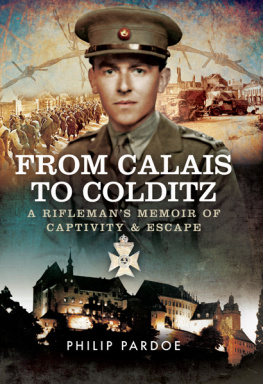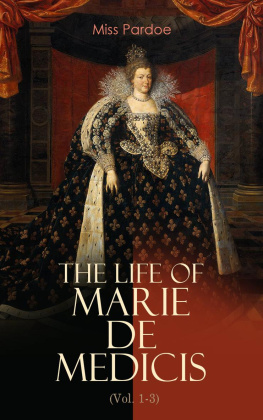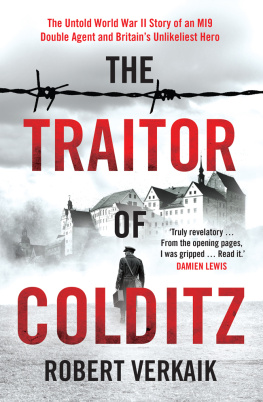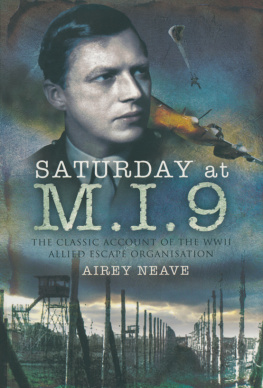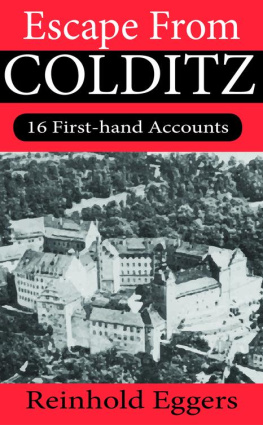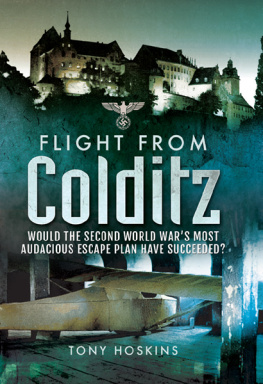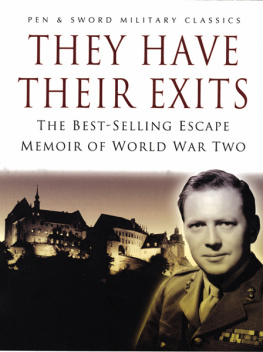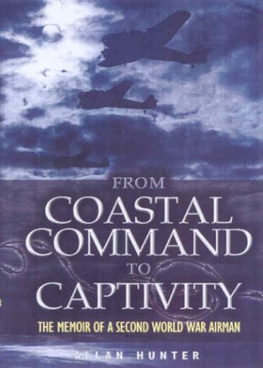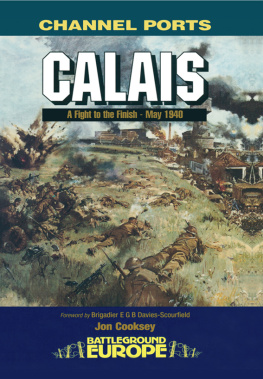First published in Great Britain in 2016 by
PEN & SWORD MILITARY
an imprint of
Pen & Sword Books Ltd
47 Church Street
Barnsley
South Yorkshire, S70 2AS
Copyright Harry Pardoe, 2016
ISBN: 978 1 47387 539 5
PDF ISBN: 978 1 47387 542 5
EPUB ISBN: 978 1 47387 541 8
PRC ISBN: 978 1 47387 540 1
The right of Philip Pardoe to be identified as Author of this work has been asserted by him in accordance with the Copyright, Designs and Patents Act 1988.
A CIP catalogue record for this book is available from the British Library.
All rights reserved. No part of this book may be reproduced or transmitted in any form or by any means, electronic or mechanical including photocopying, recording or by any information storage and retrieval system, without permission from the Publisher in writing.
Printed and bound in England by
CPI Group (UK) Ltd, Croydon, CR0 4YY
Typeset in Times by CHIC GRAPHICS
Pen & Sword Books Ltd incorporates the imprints of Aviation, Atlas, Family History, Fiction, Maritime, Military, Discovery, Politics, History, Archaeology, Select, Wharncliffe Local History, Wharncliffe True Crime, Military Classics, Wharncliffe Transport, Leo Cooper, The Praetorian Press, Remember When, Seaforth Publishing and Frontline Publishing.
For a complete list of Pen & Sword titles please contact
PEN & SWORD BOOKS LIMITED
47 Church Street, Barnsley, South Yorkshire, S70 2AS, England
E-mail:
Website: www.pen-and-sword.co.uk
Contents
Foreword
During some five years as a prisoner-of-war I recorded, largely in the form of notes, my recollections of the Battle of Calais and of my subsequent experiences in seven different camps. Two years after my release, while commanding a company in Palestine, I recorded these memoirs in the form of a consecutive narrative. I was on active service at the time and greatly helped by my company clerk, Lance Corporal Jenner, who typed them out in his spare time. The original notes were sketchy and of necessity omitted anything that could have been of interest to the Germans. The subsequent narrative was intended to fill in as many gaps as possible but my primary motive was the interest of my family and a few very close friends and for forty years I forgot all about them.
In 1985 I unearthed the only surviving copy and, after reading it, I began to wonder whether it might be of interest to a wider public. I was tempted to re-write much of it, partly to fill in more detail on such events as the great escape over the wire from Warburg, and partly to change the rather nave style of the narrative. But I decided that part of its interest could be in leaving it very much as it was written at the time with a few adjustments to assist in identifying some of the personalities and put some of the events in a more intelligible context.
I dedicate this memoir to Martin Gilliat who was like an elder brother to me during those years and hope that a few members of my family and of my regiment will find something of interest in these pages in years to come.
P.P.
Acknowledgements
I am so pleased that my late fathers war memoirs are being published. It has been a concern to me to think that this record of his war experiences might be lost, as it was originally put on very thin paper and several copies were mislaid. It is reassuring to know that my children, family and relations and, of course, the Regiment will be able to read what is a remarkable account in a better format.
He was a wonderful father to my sister, Caroline and myself and devoted husband to our mother, Rolline. He was a very supportive, funny, kind and modest man and a true gentleman who always seemed to have all the time for everyone.
Like my late Godfather, Martin Gilliat, who features in this story, my father rarely, if ever, discussed the war. How fortunate that he committed his memoirs to paper.
I would like to thank Jon Cooksey for his permission to use photographs and maps from his book Calais A Fight to the Finish .
I am very grateful to John Jay for allowing me the use of material and maps from Facing Fearful Odds , his account of his own fathers experiences at Calais and as a PoW.
I am also indebted to Valentine West for generously offering the use of his fathers artwork. Our fathers were PoWs together at Laufen in late 1940.
Finally I thank everyone at Pen and Sword Books Ltd, especially Henry Wilson, Christopher Robinson, Matt Jones and Jon Wilkinson. Without their support this book would not have been possible.
Harry Pardoe
2016
Chapter 1
Before Calais
No-one who paid a casual visit to the 2nd Battalion, Kings Royal Rifle Corps, billeted in Dorset in the spring of 1940, would have noticed any undue activity or preparations for going into motion. The Blitzkrieg had burst upon France in April and German divisions, having broken through, were pouring toward the Channel coast; the Battalion, however, seemed as far away from the war as in Tidworth days and not an enemy bomber disturbed the routine of our weekly training programmes.
I had joined the Battalion from Chisledon early in March and was posted to Number 9 Platoon, the Scout Platoon of C Company. Maurice Johnson was commanding the Company into which he had infused a remarkably cheerful spirit. Although gruff outwardly to men and officers alike, he was much respected and liked by the men if a little too insensible to the comfort and feelings of some of his officers for their full approval.
Everard Radcliffe, his second-in-command, was an excellent counter-balancing influence. He was exceptionally gifted and artistic, loathed discomfort and had the happy knack of getting his own way. He was the only married one of us and lived in Shillingstone. The other platoon commanders Peter Parker, Pat Sherrard and I lived with Maurice in a comfortable cottage in Child Okeford, where the Company was billeted.
We spent those lovely spring days training either by platoons or as a company and on two or three occasions we had battalion exercises. Few men knew their weapons really well, owing to lack of firing practice, and battle drill was a word as yet unknown but none of us doubted that we were one of the best trained battalions in the army and quite a match for anything the Germans might have.
One evening, after dining well, we had just gone up to bed when a rifleman arrived on his motor bike with a message for Maurice. We gathered in the dining room Sergeant Major Childs had also appeared from somewhere and heard the news. The Battalion was to be ready to move with war loads by midnight. It seemed probable that this was the preparatory move before embarkation. It was what we had been anticipating since 3 September.
We all felt slightly dramatic. Most of us felt that this period of make-believe was over and that this was the real thing. We pretended to be even more pleased than we were in our fear of appearing unenthusiastic for action. We passed the port hurriedly round and then I got into my car to visit Everard.
Nobody appeared to be at home in his cottage and, as I was groping round in the darkness of the hall, he and Betty came in the front door after an evening stroll. I broke the news to them breathlessly and with little tact. Everard made no attempt to disguise his feelings of dread. For him the sword of Damocles had at last fallen and he and Betty were to be parted.
I hurried back, told my servant to pack my things and went down to the Company Office. Loading carriers in pitch darkness was far from easy. Bren guns, Boys rifles, rifles, tripods, ammunition, Verey light pistols, aiming lamps, hand grenades, camouflage nets, ration tins, water cans, tools, maps, concertina wire, tarpaulin, anti-gas equipment all had their allotted place. We had practised loading and everyone knew his job and, by 2330 hours, all my carriers were ready to move. Only my Sergeant Dryborough-Smith and one or two men who had been to a dance in Sturminster Newton were late. Dryborough-Smith was a big tall fair-haired regular with much service in a chequered career. He had been to a public school and went to Sandhurst as an A cadet but got sent down and was usually on the provost. He had a bit of the bully in him and was not liked, if much feared, by the men. Our relations were strained but superficially good. I respected his efficiency while disliking his methods and we avoided quarrelling. That night I suspected him of being deliberately late but said nothing.


